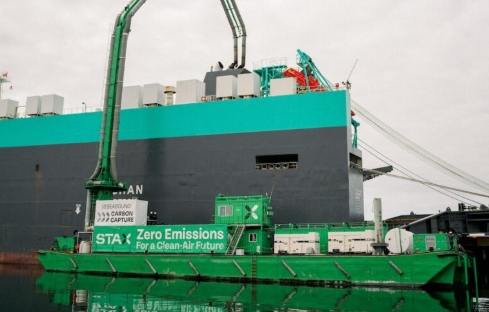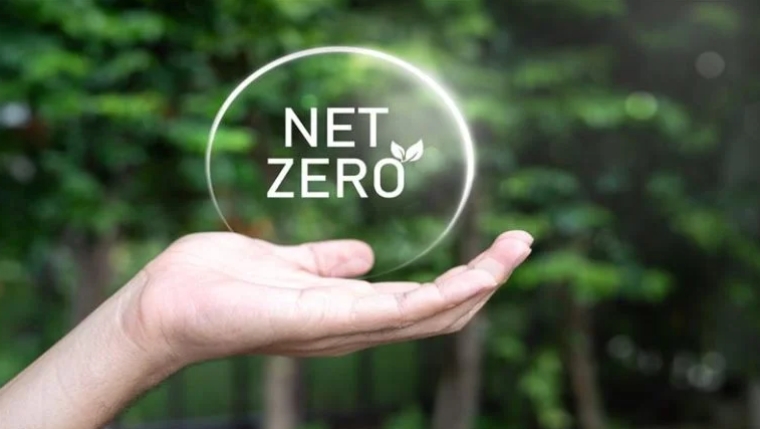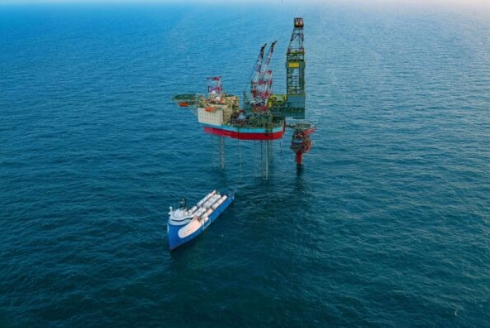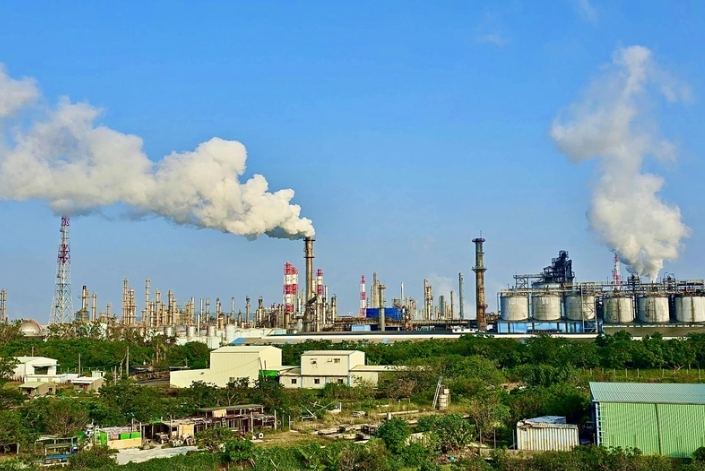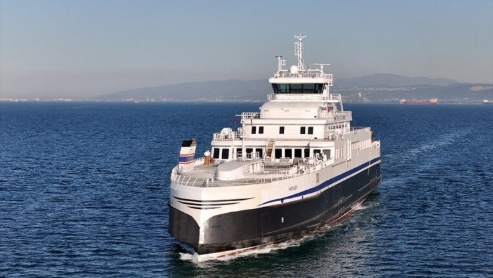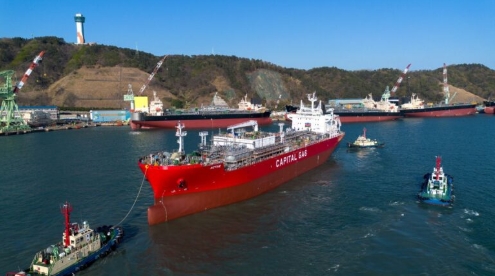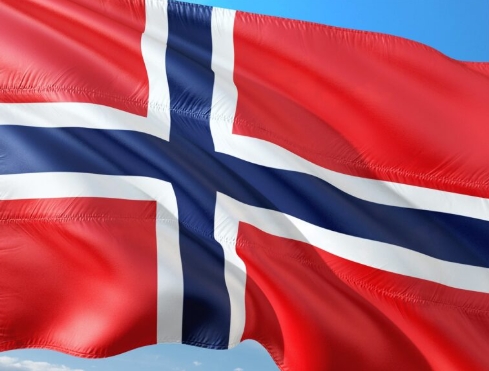This would affect every energy-using sector, including big oil-using sectors aviation, shipping and road traffic, and could boost alternative fuels such as electricity, hydrogen, LNG and biofuels."Emissions must have a price that changes behavior," Ursula von der Leyen told the European Parliament on Tuesday. If confirmed as EC president, she would set the priorities for new EU legislation from November 2019 to October 2024.
Von der Leyen said she would propose extending the EU's Emissions Trading System to cover shipping, and would "reduce the free allowances allocated to airlines over time," in political guidelines published separately Tuesday.
She would also propose including road traffic and construction in the ETS.
"The different systems will have to converge by 2030 if we are to be climate neutral by 2050," she said in the guidelines.
STRICTER CO₂ TARGETS
The EU already has a binding target to cut its CO₂ emissions by at least 40% from 1990 levels by 2030, and could achieve a 45% cut if it also meets its 2030 energy efficiency and renewable targets.
"A two-step approach is needed to reduce CO₂ emissions by 2030 by 50%, if not 55%," von der Leyen told the parliament.
The EC would push in international talks to increase the climate ambitions of other major economies by 2021, as it needed the world to move together on this, she said in a speech aimed at persuading the parliament to confirm her nomination.
Von der Leyen would also present by 2021 "a comprehensive plan" to increase the EU's 2030 CO₂ cut target toward 55% "in a responsible way," she said in her guidelines.
She also promised to propose an EU climate law "which will set the 2050 [climate-neutral] target into law" within 100 days of taking office, so likely around early 2020.
The EU has an agreed non-binding goal to cut its emissions by at least 80% from 1990 levels by 2050, and many EU governments back the idea of aiming to have net-zero emissions by then.
Related factbox: EU CO₂ price hits 11-year highCARBON TAXES
Von der Leyen also pledged to propose a carbon border tax to ensure that EU companies would not face unfair competition from companies outside the bloc with less strict carbon constraints.
This would have to be fully compliant with World Trade Organization rules, would start with limited sectors and would be gradually extended, she said in her political guidelines.
She also promised to review the EU's energy taxation directive, where the EC has been trying to convince EU governments to switch to qualified majority voting instead of the current unanimity required for changes.
The current directive taxes according to volume, not energy content, which discriminates against renewable fuels in favor of conventional fuels, particularly diesel fuels, the EC said in a policy paper in April.
CONFIRMATION VOTE LATER TUE
Von der Leyen was a last-minute compromise nomination for the EC president post by EU heads of state and government on July 2, and has to be confirmed by the parliament.
She is currently Germany's defense minister, and her national political party is in the center-right European Parliament political group EPP.
She has to win the support of an absolute majority of existing parliament members, meaning at least half of them plus one, which would currently be 374, as not all of the 751 seats available have sitting members.
The EPP has 182 members, so von der Leyen needs support from other political groups.
The parliament plans to vote on her confirmation on Tuesday in Strasbourg at 6:00 pm local time (1600 GMT).
If confirmed, von der Leyen would start her five-year mandate on November 1.
